
==== Marshall McLuhan & The Ten Thunders of Joyce's Wake ====
Joyce described the book as a downwards parabola into sleep, or as a tunnel going through a mountain. As HCE moves through the dream, the "thunderwords" track his movement. There are 10 thunderwords, the first 9 of 100 letters each, the last of 101, for a total of 1,001--tales of a thousand and one nights, appropriate for this book of sleep.
As each thunderword leads into another part of the book, it fits into Joyce's usage of Vico's philosophy to tell the story. Each thunderword leads to a new cycle and a deeper part of sleep, and a deeper, more muddled state in HCE's mind (where the "mudmound" of his body fades from view and even the acrostics for HCE become muddled, as hec, ech, etc.). Thunder itself was important in Vico's philosophy as a motivating force and a symbolic marker of events in history.
Joyce's Wake is a gigantic cryptogram that reveals a cyclic pattern for the whole history of man as revealed through Ten Thunders.
"There are ten thunders in the Wake. Each is a cryptogram or codified explanation of the thundering and reverberating consequences of the major technological changes in all human history. When a tribal man hears thunder, he says, 'What did he say that time?', as automatically as we say 'Gesundheit.'" -- Marshall McLuhan
:''' Thunder 1: Paleolithic to Neolithic. '''
::Speech. Split of East/West. From herding to harnessing animals.
::'''bababad'''algharaghtakamminarronnkonnbronntonneronntuonnthunntrovarrhounawnskawntoohoohoordenenthurnuk
:''' Thunder 2: Clothing as weaponry.'''
::Enclosure of private parts. First social aggression.
::Per'''kodhusk'''urunbarggruauyagokgorlayorgromgremmitghundhurtthrumathunaradidillifaititillibumullunukkunun
:''' Thunder 3: Specialism.'''
::Centralism via wheel, transport, cities: civil life.
::'''klik'''kaklakka'''klas'''kaklopatzklatschabattacreppycrottygraddaghsemmihsammihnouithappluddyappladdypkonpkot
:''' Thunder 4: Markets and truck gardens.'''
::Patterns of nature submitted to greed and power.
::'''Bladyughfulmoecklenburg'''whurawhorascortastrumpapornanennykocksapastippatappatupperstrippuckputtanach
:'' 'Thunder 5: Printing.'''
::Distortion and translation of human patterns and postures and pastors.
::'''Thincrooklyexineverypasture'''sixdixlikencehimaraundhersthemaggerbykinkinkankanwithdownmindlookingated
:''' Thunder 6: Industrial Revolution.'''
::Extreme development of print process and individualism.
::'''Lukkedoeren'''dunandrrraskewdylooshoofermoyportertooryzooysphalnabortransporthaokansakroidverjkapakkapuk
:''' Thunder 7: Tribal man again.'''
::Both all choractors end of separate, private man. Return of choric.
::'''Bothallchoractors'''chumminaroundgansumuminarumdrumstrumtruminahumptadumpwaultopoofoolooderamaunsturnup!
:''' Thunder 8: Movies.'''
::Pop art, pop Kulch via tribal radio. Wedding of sight and sound.
::'''Pappappapparas'''sannuaragheallachnatullaghmonganmacmacmacwhackfalltherdebblenonthedubblanddaddydoodled
:''' Thunder 9: Car and Plane.'''
::Both centralizing and decentralizing at once create cities in crisis. Speed and death.
::'''husstenhasstencaffincoffin'''tussemtossemdamandadmnacosaghcusaghhobixhatouxpeswchbechoscashlcarcarcaract
:''' Thunder 10: Television.'''
::Back to tribal involvement in tribal mood-mud. Last thunder = turbulent, muddy wake, and murk of non-visual, tactile man.
::'''Ullhodurdenweirmudgaardgring'''nirurdrmolnirfenrirlukklilokkibaugimandodrrerinsurtkrinmgernrackinarockar
Eric's Thunder footnote :
Marshall McLuhan used Joyce as a colleague. Whenever he made a discovery about technology and culture, he would open thewake and read for a bit, and there, sure enough, he would find that Joyce had already been over the ground years earlier. Joyce followed the lines of force in the language and read and recorded what was registered there about the convolutions and disturbances of human experience and perception. Often, too, he would find a pregnant allusion or turn of phrase in the Wake that would set off a chain reaction of associations about the matter under discussion. He did not merely use Joyce to confirm an insight; he did that to whatever extent the text allows (some readers, less expert or more conservative, have charged that he used the text as an ink-blot into which to project his own fancies.) But he also used Joyce as the stimulus for fresh awareness of the present moment. In the same vein, Joyce recommended using Vico "for all he was worth." Even today, Joyce gladly performs the same service for anyone willing to rise (or, as some would aver, sink) to his level of play. It is a commonplace that all great art has the same invigorative and illuminative power; in particular, that power is a defining characteristic of "low and motley" Menippean satire.













![et cetera : LOVE [1977]](https://blogger.googleusercontent.com/img/b/R29vZ2xl/AVvXsEgQ8s7vwLQuzHDNgqlfBacxRkEbOErToak9kmgFl0VmyIYEqS9qIzNIVcXKpzTncPhqo3TSgOyztAguIW6OlXw65aFHmpx6cRzmvCUQQMTwUGUOd0iE0GbJakEc3g3kBAJrvlZP4z3eesg/s1600/etc1977.jpg)









![MAC LUHAN [sic] : LOST IN TRANSLATION](https://blogger.googleusercontent.com/img/b/R29vZ2xl/AVvXsEg92tMqBMDA917NDivsS2ZwIirx9KTf24tOCgFFnK65p7Hw5dvqEh1e2aefCynj2UW8u-k8zwBXbjgypsCXUcv-5G7ZCsyDB13giHEjmhVISAeW-oI_JV6ePOXW_XBDPwy2nREAoqRU7Z8/s1600/MAC.jpg)






















![Les Yeux De Nadja [unpublished]](https://blogger.googleusercontent.com/img/b/R29vZ2xl/AVvXsEgrXohpIuxxYyjKoqBSQf3TpYGjnttZnjRFvmMdshadfnVKi7PMAjIqEuqYctZFXOFH2n-oH75oJx-YkaON7xvaZgVdvaK0zfSOurEmCKqmWF6qXh2F3VbqyixfGhvY4qH6LENMTs1wCIw/s1600/2xsurreal.jpg)
















![PIED PIPERS [MARSH] ALL](https://blogger.googleusercontent.com/img/b/R29vZ2xl/AVvXsEhqvGIGG9lWZYhFZRVc_V8EJG2apQBsys4kNQOQsA0EV6H6Tg-SMN0sX15NXy_GzsF3xAUdcb2QlfvJk-RU-Rha-3Eu5Mnglkf5KLe6pccVqAP4VR_Gi4fGQ716QSmDe3Zna5Uwct5d2sw/s1600/piedPiperMarshALL270.png)






























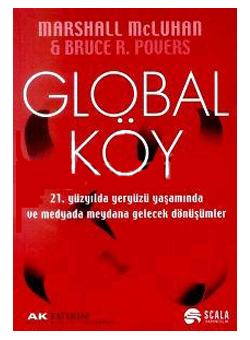




























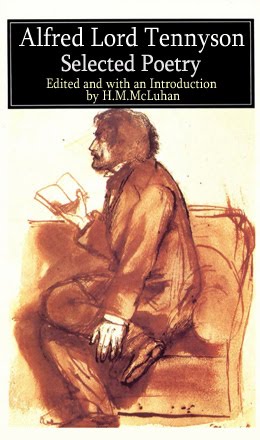

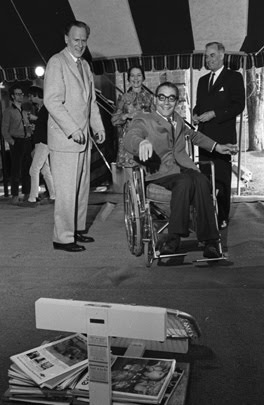




![PICNIC IN SPACE : The Great Minds of Our Time Film Series [1973]](https://blogger.googleusercontent.com/img/b/R29vZ2xl/AVvXsEjyov75DRIUBWcYLkzPYmupFy8CQ9dQ4Q798zDIN6jPNsSdBB_WuOcvPl4WjMAz10csG071oCO3BCUtIcKyHoIkCN0lCy0OxGCV_HrLXrGNKRpUiKMrqzkJh4LSc7jT_KrrqmClapSlVa8/s1600-r/PicnicInSpace.jpg)


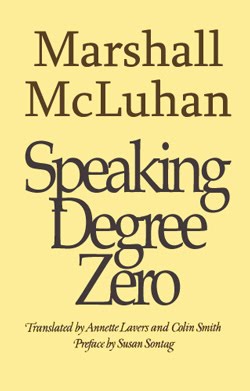






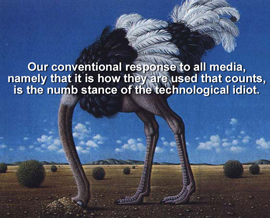


















![more Hidden ground [re:Bride] : the "flippancy" of tone seemed just "right"](https://blogger.googleusercontent.com/img/b/R29vZ2xl/AVvXsEg-hQyF9KGGhKYc73nUGmV1bStJ4fTJVh0-TL1ZtikLZEv5ppjhB3DOhFcVuzGq-kByrwtTAWgCcE173pA3UTIPe7h6xJjsPt7lRvNym007ZsdXenMDLNimKcwtaTOqkGleoxmXOeCKtxXL/s1600-r/LEAVISLEWIS.png)
















![BABA WAWA [TODAY SHOW, Toronto City Hall 1970]](https://blogger.googleusercontent.com/img/b/R29vZ2xl/AVvXsEjTZAIFkA07K36WGk951vmZnLPU99fOdNzlvVhyphenhyphenhKZEKu2n2AW5EA1CDZGaTk0aYRXUv7IOXG39igaikoE6SWm8j7QIG96wYRE54oBXwvlaNCJzp15vdkrcqR97IMMny-8sHjM-VDotTOaY/s1600-r/babaWawa.jpg)

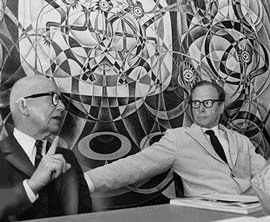

![enter the dragon : "typhon in america" [unpublished]](https://blogger.googleusercontent.com/img/b/R29vZ2xl/AVvXsEjdCnZdJ6JbaLc6hyUmUJo5UJ0m8WZSj_afYU9oRlHKIUgAIfcy2EPHNAptSRYEAmpOf0Xaa0B8iMgOTF302lY0Xmbyne0hvrdRyNo-t0Q-PPdzqX39uI3T5x5FppRPaQf9sSaXytrOpWVN/s1600-r/TIA.jpg)




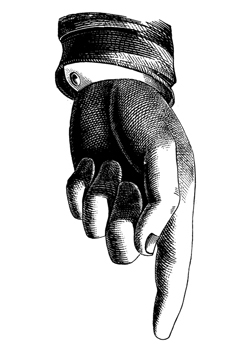






















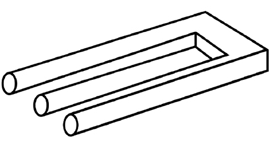









![Take Today [1972] : "the consumer becomes a producer..."](https://blogger.googleusercontent.com/img/b/R29vZ2xl/AVvXsEhA53bdVdTaXdQo1fDmrsI8oiAwF-3jampcanOq8uk3QMh8_ImkNsTiKd4-RnZY8Vbwqh1fymJiyCl1CSLcSonXHQM6XbnJYQi_Vu89gbAV4jVq73EtlbM3w6CthyphenhyphenV_pHEjE6eu_VhC489u/s1600-r/PROSUMER.jpg)
























































































![" Outtragedy of poetscalds!, Acomedy of letters " [ FW 425.24]](https://blogger.googleusercontent.com/img/b/R29vZ2xl/AVvXsEhJMrJLN3oPUb25A2tjQtWZcZxA4wZB0IOvaIAvxosAUqlFc258HHvzvlnHHvKhKq7hG3epo76izY2Bu0HC3Cy-8S46Rf0Wni3L8j8jEfpT7sXK3UFlXBMtN2v2JdrmdxvWk8VWKjkhN4-9/s1600-r/preplexLP.png)











![mars[HAL]9000 : " Tomorrow is our permanent address."](https://blogger.googleusercontent.com/img/b/R29vZ2xl/AVvXsEhmblupqmUiuV3GbyayJiDRGEO63TEgwjHi-i8b0kVYDvXrKFWTCyl-e21la4QJXC4nDFDzx51Omi6fYPLJcqRHFoP6zSsL0CVZF98eMf6mxCE2WDfvMmT4q9G3X45-P0IYGDmliE0fCR3C/s1600-r/marsHAL9000_250.jpg)












































































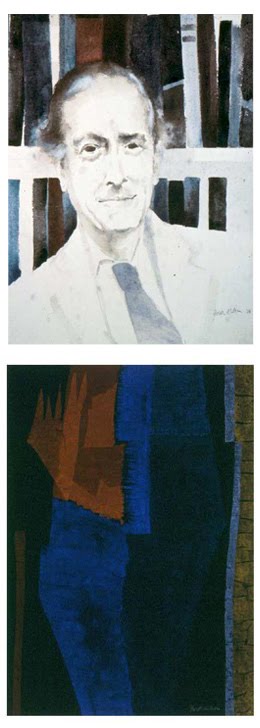















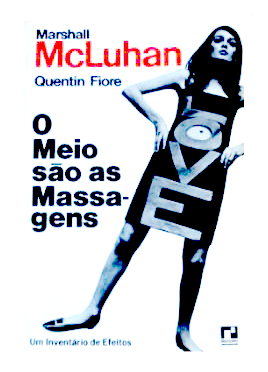





































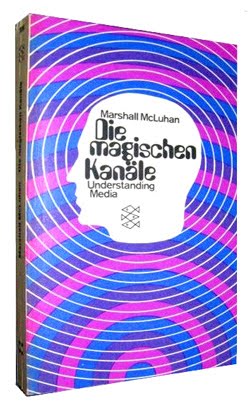
























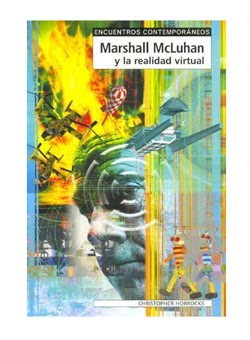




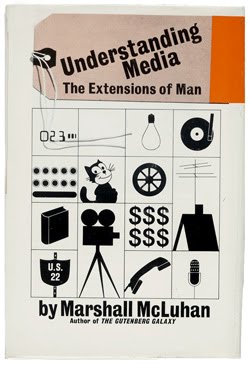





























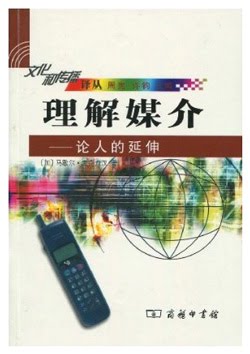











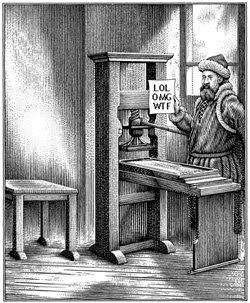








![Lucifer [from Latin] <br>meaning "light-bearer"](https://blogger.googleusercontent.com/img/b/R29vZ2xl/AVvXsEhq-2kZZOfh-Syv1Ewa0Ns2O6ZeP59pcsJp9ihhKcXCaovYZO_cKxffC5iSKOXFHr6E1jiHc6zedt1U6I95831RgpVdm3qk8-9C3y1yPyrCiQe4jgx-DsbeHnjKnw9t6Qx3ZM5TSYxiPj5H/s1600-r/lucifer.png)


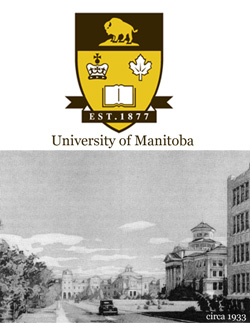










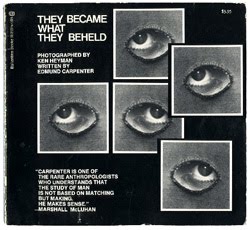























































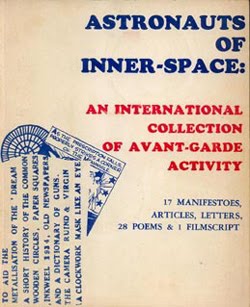












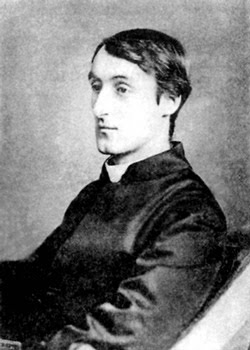


















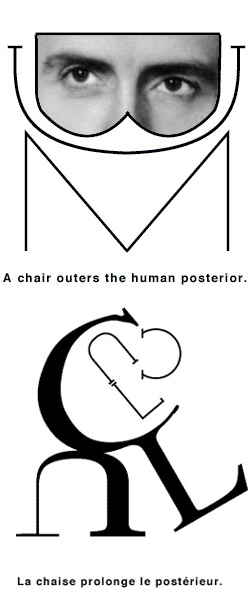






















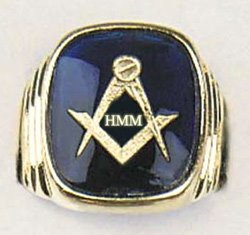















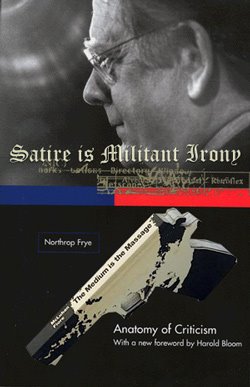
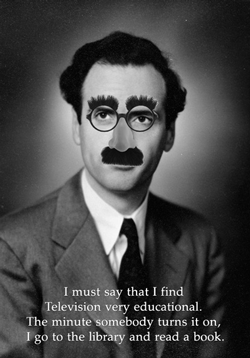






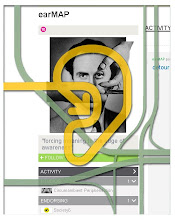















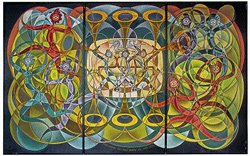










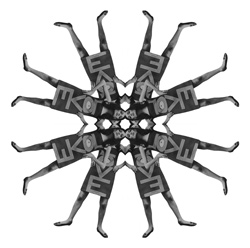



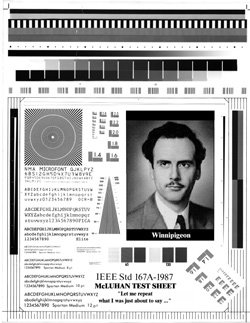

No comments:
Post a Comment